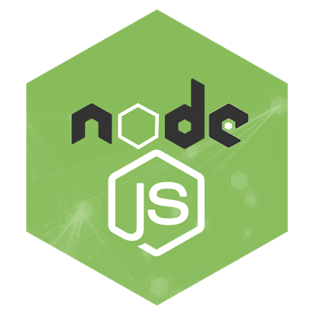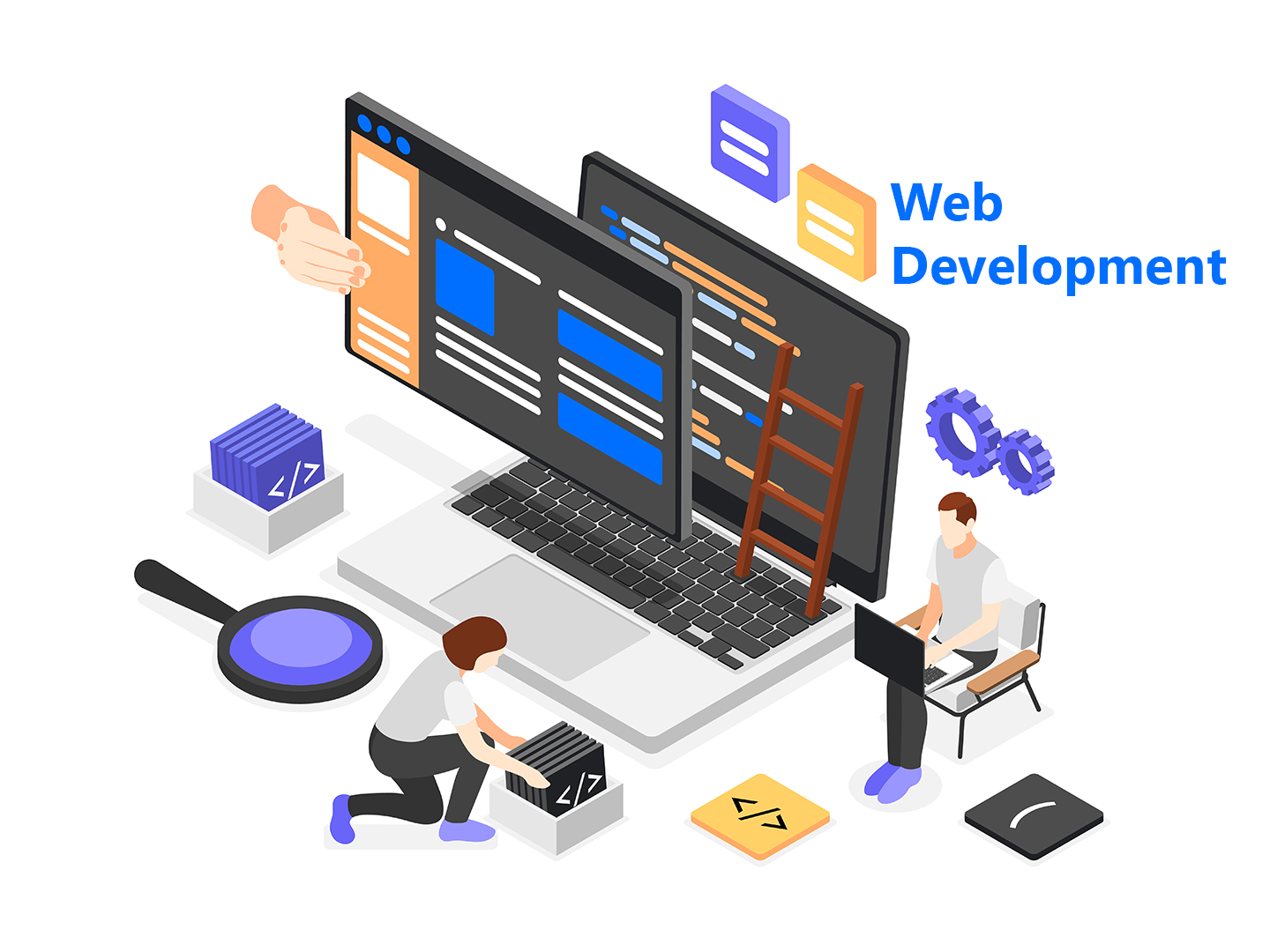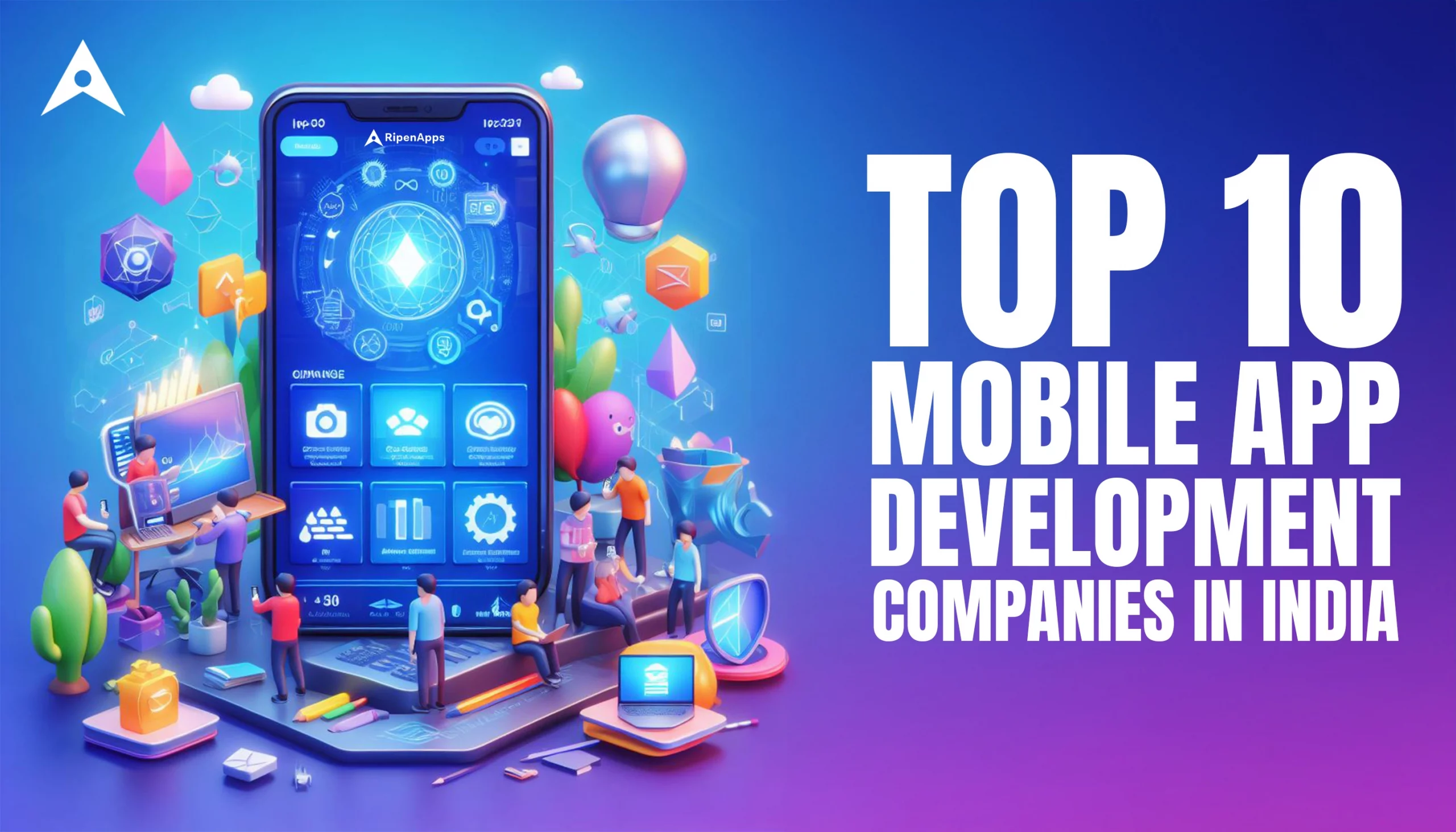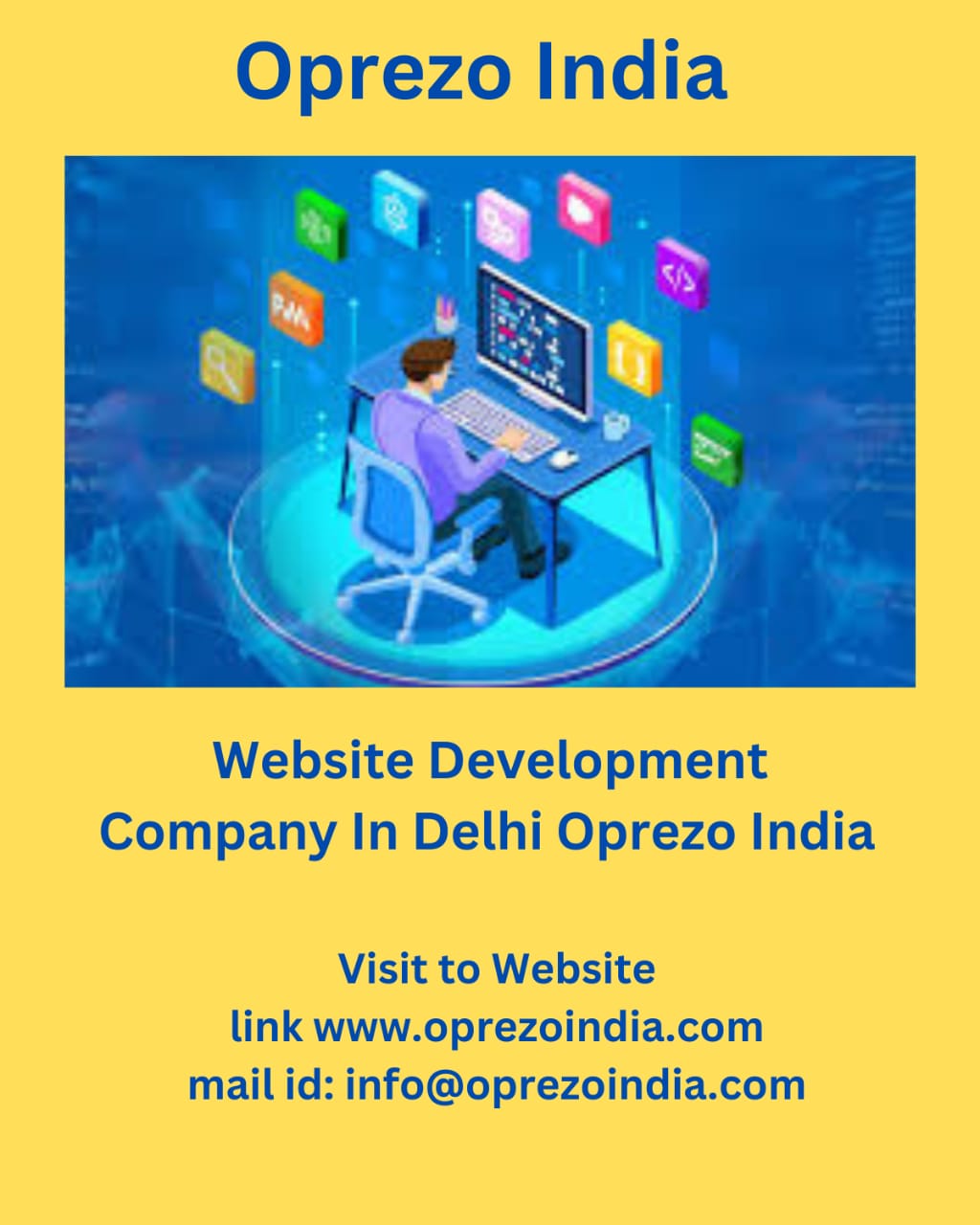
Introduction
Node.js is an open-source, cross-platform JavaScript runtime environment that allows developers to use JavaScript for server-side scripting. This ability makes it ideal for building scalable network applications and real-time systems such as chat applications and APIs. If you’re just starting with Node.js, Oprezo India has curated the best resources and tips to help you master the basics and get started with backend development using JavaScript.
Node.js is built on Chrome’s V8 JavaScript engine, making it fast and efficient. Unlike traditional server-side environments like PHP or Java, Node.js uses an event-driven, non-blocking I/O model, which is particularly suited for real-time applications.
Node.js Official Documentation: The official documentation provides comprehensive details about every feature of Node.js. It’s one of the best resources for beginners and experienced developers alike.
MDN Web Docs: MDN offers a wide range of tutorials and resources on JavaScript and Node.js. Their beginner-friendly guides explain core Node.js concepts such as modules, streams, and event-driven architecture.
Before you can start building applications with Node.js, you’ll need to set up your development environment. Here’s what you need:
Download Node.js: Visit the official Node.js website and download the latest version of Node.js. It includes npm (Node Package Manager), which is essential for installing Node.js packages and libraries.
Code Editor: Install a code editor like Visual Studio Code (VS Code), which has excellent support for Node.js, including extensions for debugging, syntax highlighting, and package management.
With Node.js and a suitable code editor installed, you are ready to start building Node.js applications.
As a beginner, the first step is to get familiar with the core concepts and syntax of Node.js. Here are some key areas you should focus on:
Modules and Packages: Node.js allows developers to organize their code into modules. Understanding how to create and import modules is crucial for writing clean and maintainable code. Start by learning about CommonJS modules and npm packages.
Asynchronous Programming: Node.js’s non-blocking, asynchronous nature is one of its core strengths. Learn about callbacks, promises, and async/await patterns for handling asynchronous operations in Node.js.
Event-Driven Architecture: Node.js operates on an event-driven architecture. Learn how events are handled in Node.js using the EventEmitter class and how to manage asynchronous flows with event-driven programming.
Understanding these core principles will help you build efficient applications with Node.js.
Once you understand the basics, it’s time to build your first application with Node.js. Here’s a step-by-step guide to get started:
Hello World Application: Start with the classic “Hello World” example to get a feel for how Node.js handles HTTP requests and responses. Create a simple server using the http module, and display a “Hello, World!” message when users visit the server.
Simple API Server: Once you’ve grasped the basics, build a simple RESTful API with Node.js. Learn how to create endpoints, handle different HTTP methods (GET, POST, PUT, DELETE), and return JSON data to the client.
Express.js Framework: Although Node.js is powerful on its own, using a framework like Express.js can simplify many tasks such as routing, middleware management, and handling requests. Learn how to set up Express, define routes, and create a basic web application.
By completing these beginner projects, you’ll have hands-on experience with Node.js and its features.
Node.js is often used to build dynamic applications that interact with databases. One of the most common use cases is building APIs or server-side applications that store and retrieve data from databases.
MongoDB with Mongoose: MongoDB is a popular NoSQL database often paired with Node.js. Mongoose is an Object Data Modeling (ODM) library that simplifies working with MongoDB in Node.js. Learn how to connect to a MongoDB database, create schemas, and perform CRUD operations (Create, Read, Update, Delete).
SQL Databases with Node.js: If you prefer relational databases, Node.js can also interact with MySQL or PostgreSQL. Learn how to use the mysql or pg libraries to connect your Node.js application to a SQL database.
Understanding how to work with databases is crucial for building data-driven applications, from simple APIs to complex web applications.
Node.js has a rich ecosystem of libraries and tools that enhance the development process. Here are some essential tools for beginners:
npm (Node Package Manager): npm is the default package manager for Node.js and allows developers to install third-party libraries and manage dependencies. Learn how to install, update, and manage packages with npm.
nodemon: During development, nodemon is a useful tool that automatically restarts your Node.js server whenever you make changes to the code.
Axios: Axios is a popular library for making HTTP requests. It’s easier to use than the native http module and is widely used in Node.js applications for interacting with APIs.
These tools and libraries will streamline your development process and make your Node.js projects more efficient.
Debugging is an essential part of any development process. Node.js offers several tools for debugging and testing your applications:
Node.js Debugger: Node.js comes with a built-in debugger that allows you to step through your code, set breakpoints, and inspect variables.
VS Code Debugger: If you’re using VS Code, it has excellent built-in support for debugging Node.js applications. You can set breakpoints, watch variables, and even debug asynchronous code easily.
Jest or Mocha: For testing Node.js applications, frameworks like Jest and Mocha are popular choices. They allow you to write unit tests and ensure that your code behaves as expected.
Learning how to debug and test your applications ensures that you can catch bugs early and deliver stable software.
Once you’ve mastered the basics, it’s time to dive deeper into advanced Node.js topics:
WebSockets for Real-Time Applications: Node.js is ideal for building real-time applications like chat apps or live notifications. Learn how to implement WebSockets in Node.js using the Socket.IO library.
Node.js Streams: Streams in Node.js are a powerful way to handle data that’s too large to be loaded into memory all at once. Learn how to use streams to process large files or handle continuous data input/output.
Microservices Architecture: As your application grows, consider adopting a microservices architecture, where each service runs independently. Learn how to split a Node.js application into smaller, modular services.
Exploring these advanced topics will equip you to build more complex and scalable applications with Node.js.
Here are some additional resources to further enhance your Node.js skills:
Node.js Design Patterns (Book): This book is perfect for beginners and intermediates looking to learn how to structure their Node.js applications using design patterns.
The Node.js Handbook: A free, community-driven guide to Node.js that covers everything from basic concepts to advanced topics.
FreeCodeCamp Node.js Guide: FreeCodeCamp offers a comprehensive tutorial for learning Node.js, including building real-world projects and APIs.
YouTube Channels: Channels like Traversy Media and Academind offer excellent Node.js tutorials for beginners, complete with real-world examples and explanations.
Node.js is an essential tool for any web developer looking to build fast, scalable, and efficient server-side applications. With Oprezo India’s curated resources and step-by-step guide, beginners can quickly get up to speed with Node.js and start building dynamic web applications. By mastering the core concepts, completing beginner projects, and exploring advanced topics, you’ll be well on your way to becoming a proficient Node.js developer.
 Best Mobile App Development Company in Delhi NCR | Oprezo India
Best Mobile App Development Company in Delhi NCR | Oprezo India
 Top Web Development Services in Delhi/NCR | Oprezo India – React JS, Angular JS, eCommerce & More
Top Web Development Services in Delhi/NCR | Oprezo India – React JS, Angular JS, eCommerce & More
 Top Mobile App Development Company in Delhi / NCR | Oprezo India
Top Mobile App Development Company in Delhi / NCR | Oprezo India
 Mobile App Development in Delhi - Android, iOS, Hybrid & Flutter | Oprezo India
Mobile App Development in Delhi - Android, iOS, Hybrid & Flutter | Oprezo India
 Why Oprezo India is the Best Web Development Partner in Delhi NCR?
Why Oprezo India is the Best Web Development Partner in Delhi NCR?